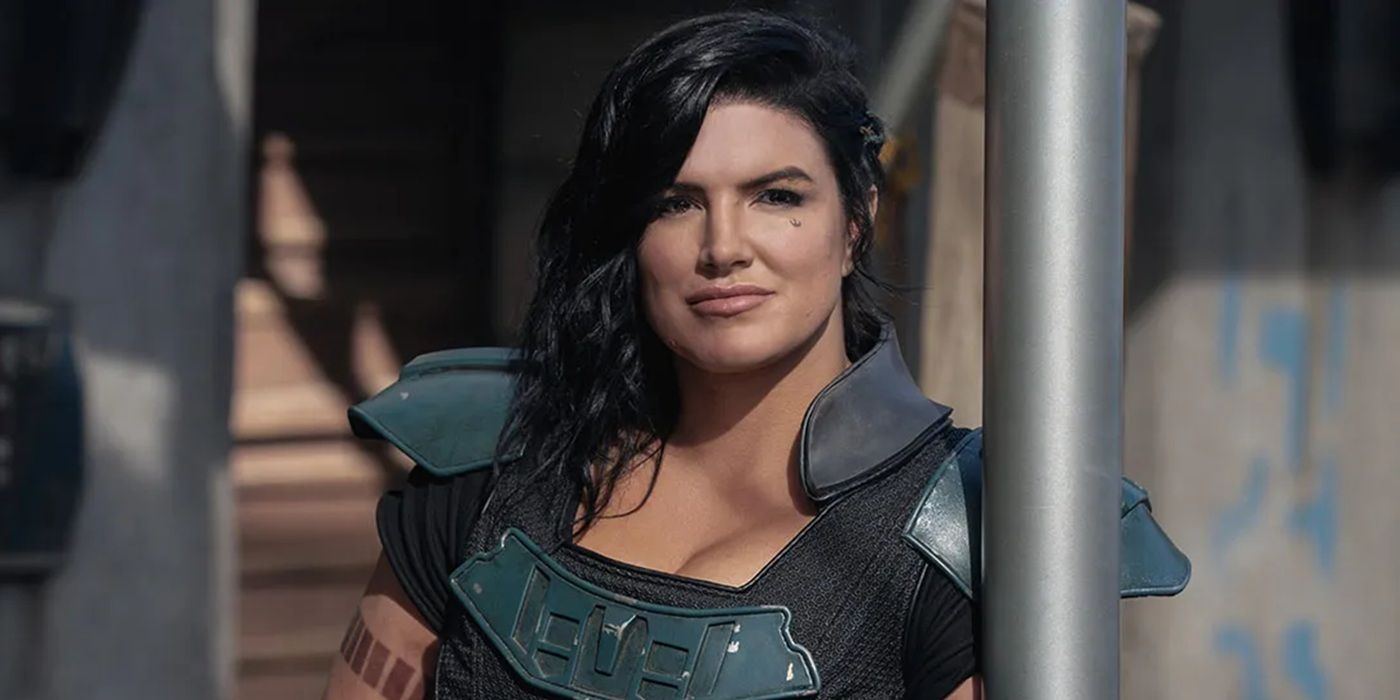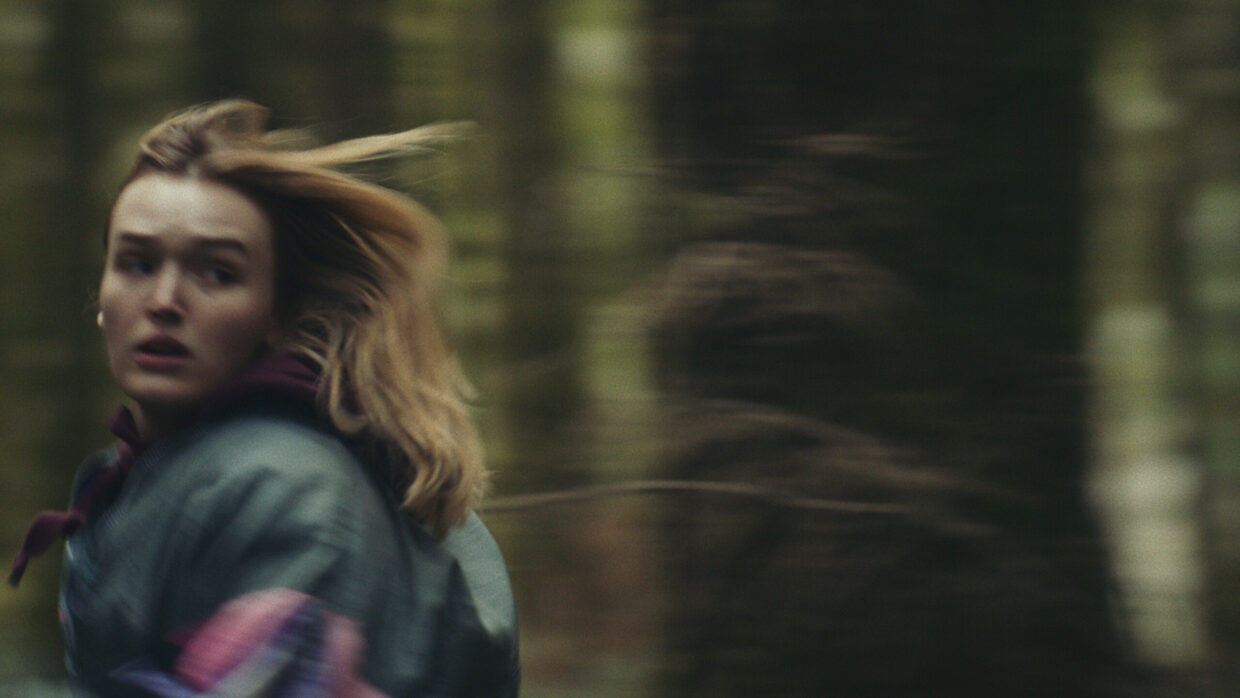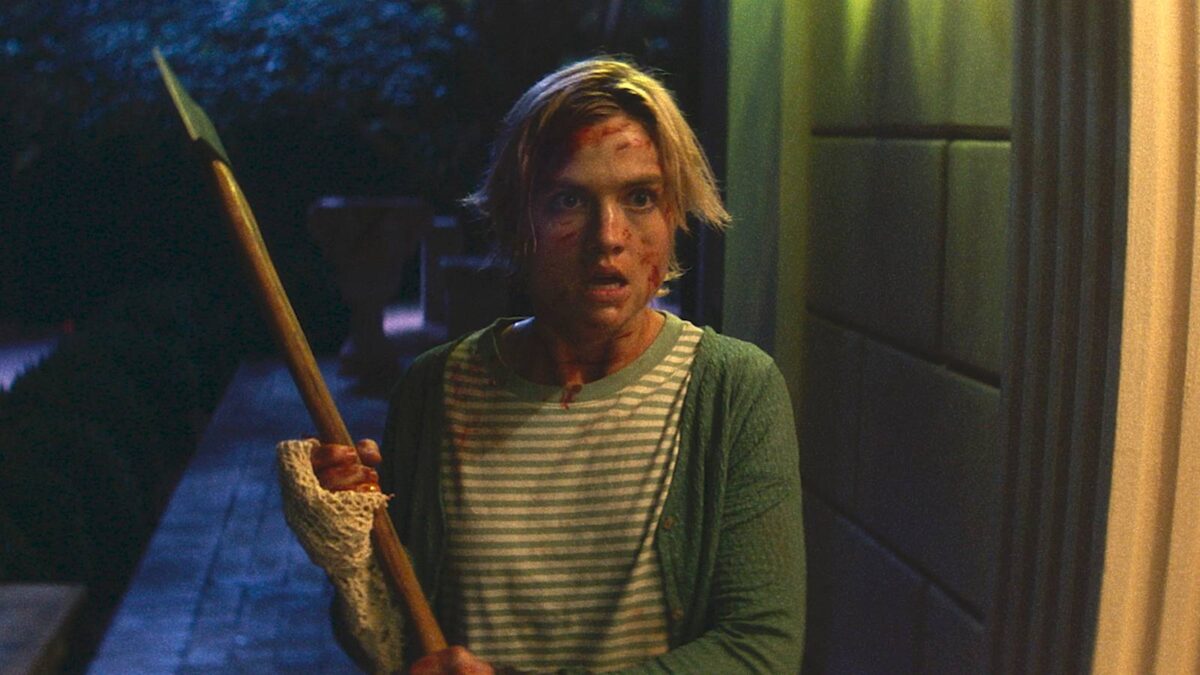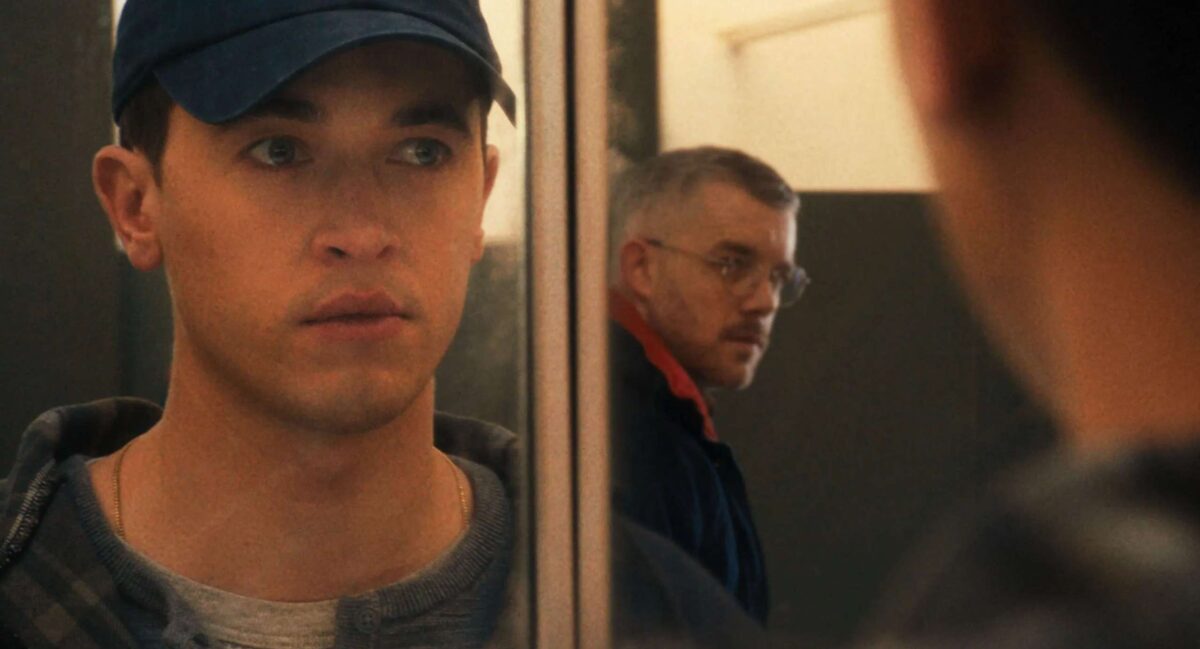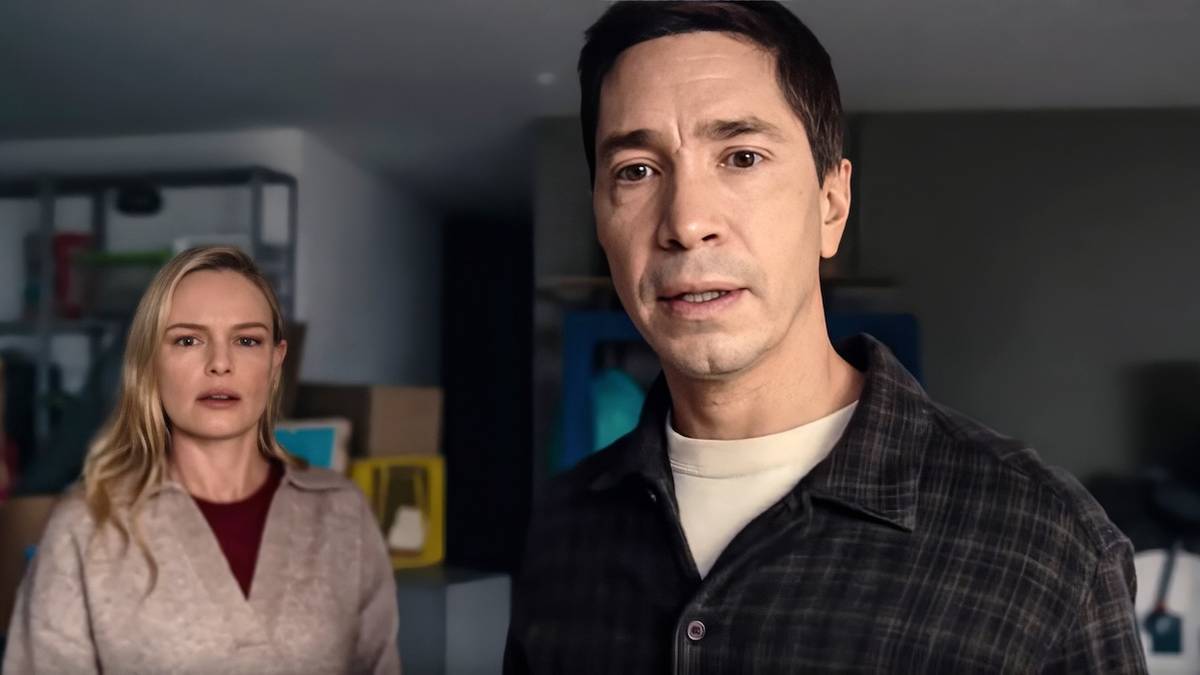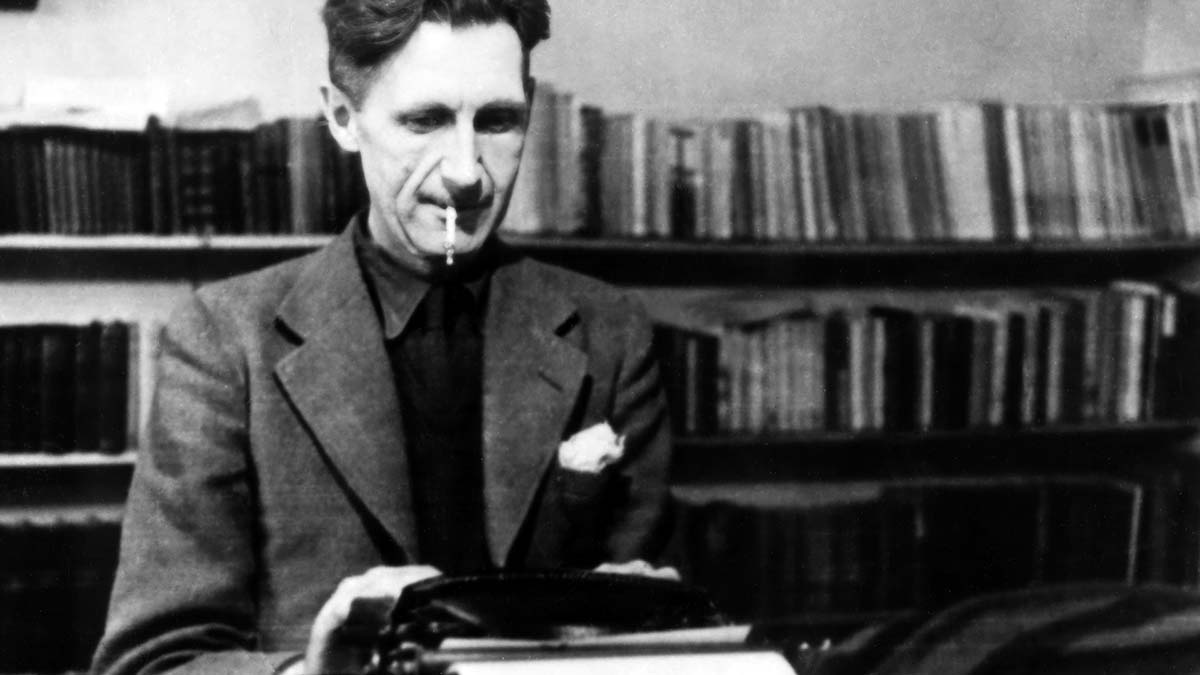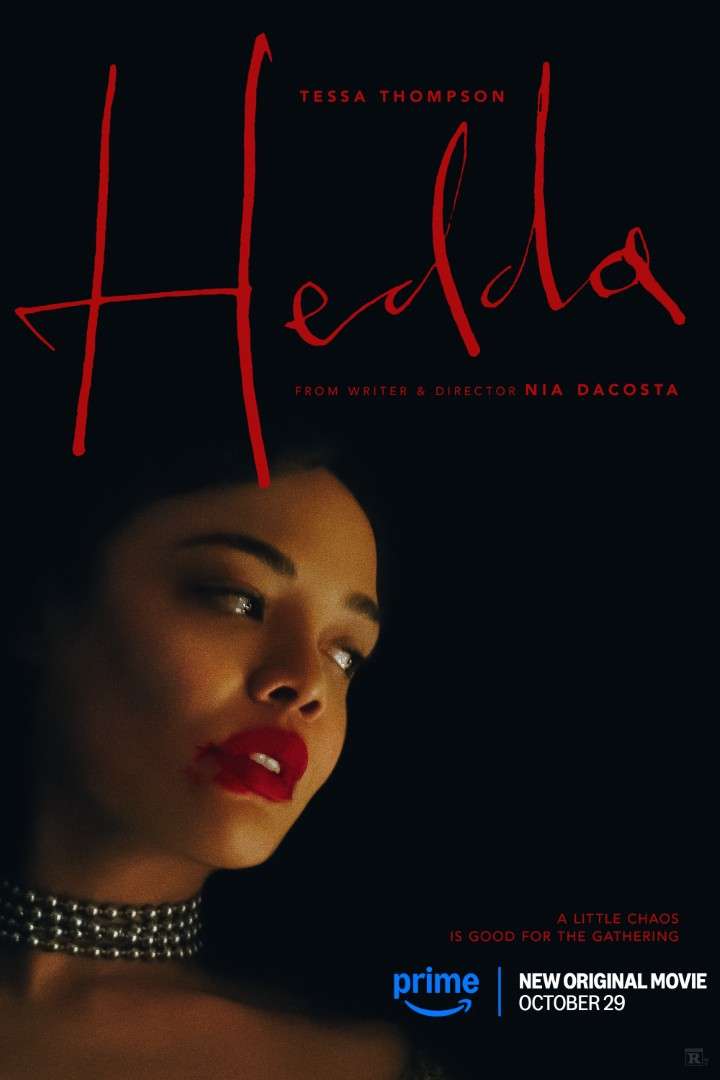
Hedda (2025) Review – Tessa Thompson Unleashed
Oct 2, 2025
Nia DaCosta’s Hedda takes Henrik Ibsen’s classic play Hedda Gabler and reimagines it in 1950s England, swapping stage minimalism for lavish production design and sharp period detail. The film was shot at Flintham Hall, a stately country estate whose glass conservatories and expansive interiors capture the grandeur and suffocating privilege that define Hedda’s environment. This isn’t just window dressing. The location, the costumes, and the production design all operate as part of Hedda’s psychological cage.
At the center of it all is Tessa Thompson, who not only plays Hedda but also produced the film. Working with DaCosta, a longtime collaborator since their Sundance days and their first feature Little Woods, Thompson leans into the contradictions of the character with striking confidence. Hedda is newly married to George Tesman, but marriage only intensifies her dissatisfaction and sense of entrapment. The arrival of Eileen, a former lover, reopens wounds and ignites dangerous impulses. Over the course of one increasingly tense evening, Hedda manipulates, seduces, and destroys, grasping at control in a world that offers her none.
The Good
Tessa Thompson’s commanding performance
The strongest weapon in Hedda’s arsenal is Thompson herself. Audiences familiar with her work in blockbusters may be unprepared for the ferocity of this performance. She balances wit with cruelty, slipping from humor to menace in the space of a line. Hedda is not written to inspire sympathy, and Thompson embraces the opportunity to play a character who thrives on contradiction. Watching her bait Eileen into drinking or plant a gun in her hand is equal parts magnetic and horrifying.
Lavish design and suffocating aesthetics
The design and aesthetics of the film are another triumph. Costumes modeled on Dior silhouettes emphasize the way beauty can function as a trap. The tight waists and heavy fabrics are not just period detail but physical restrictions that reinforce Hedda’s emotional suffocation. Cinematographer Sean Bobbitt frames characters against the sweeping architecture of Flintham Hall, emphasizing both grandeur and confinement, while Hildur Guðnadóttir’s score adds an undercurrent of unease that grows heavier as Hedda’s manipulations escalate. Every element of design works to remind the viewer that Hedda’s world is as much a prison as it is a privilege.
Creative partnership with Nia DaCosta
The creative partnership between DaCosta and Thompson gives the film its boldest edges. DaCosta has spoken about wanting to bring out the darkness, sensuality, and danger that earlier adaptations of Ibsen’s play often softened. By gender-swapping Eilert Lövborg into Eileen, the story becomes more than a tale of societal repression. It becomes explicitly queer, positioning Hedda’s past relationship with Eileen as the core of her inner conflict. Their history charges every scene they share, and Nina Hoss gives Eileen the strength and agency to stand as Hedda’s equal. Thea, another woman who tries to build something new from the ruins of her past, rounds out a triangle of female characters who embody different ways of navigating constraint. Together, they give the film a depth that pushes it well beyond standard period drama.
The Bad
Dialogue that races ahead
For all its style and ambition, Hedda occasionally falters. The dialogue comes so quickly that entire exchanges can slip by before the viewer has processed them. The film’s wit is part of its charm, but the relentless pace risks leaving some audiences behind.
Hedda’s husband, George Tesman, suffers the opposite fate. He is such a non-presence that his subplot feels empty, offering little beyond the fact that Hedda herself barely notices him.
Design that overshadows character
The design, while stunning, can sometimes overwhelm the characters it is meant to serve. The gowns, the conservatories, and the candlelit halls are undeniably beautiful, but there are moments when the visual spectacle threatens to pull focus from the personal drama. A party scene even veers into the energy of a college gathering, a tonal wobble that clashes with the otherwise suffocating atmosphere.
There are also times when Hedda’s constant scheming makes the narrative feel overloaded. Her manipulations stack so quickly that it can feel as though the film is determined to pack every possible act of destruction into one night.
Overall
What sets Hedda apart is its refusal to soften the title character. DaCosta and Thompson are not interested in making Hedda sympathetic or even understandable in traditional terms. They want her to be dangerous, funny, manipulative, and impossible to tame. The film’s design, performances, and creative risks all serve that vision. Even when the film missteps, it does so in the pursuit of ambition rather than caution.
Hedda is not polite. It is not comfortable. It is a film that traps its audience in a lavish cage and forces them to sit with a character who refuses to be controlled. Thompson plays her as magnetic and monstrous in equal measure, and DaCosta builds a world that mirrors her contradictions. The result is messy, beautiful, and unforgettable.
Hedda is Tessa Thompson unleashed, and she leaves the screen scorched.
Publisher: Source link
Erotic Horror Is Long On Innuendo, Short On Climax As It Fails To Deliver On A Promising Premise
Picture this: you splurge on a stunning estate on AirBnB for a romantic weekend with your long-time partner, only for another couple to show up having done the same, on a different app. With the hosts not responding to messages…
Oct 8, 2025
Desire, Duty, and Deception Collide
Carmen Emmi’s Plainclothes is an evocative, bruising romantic thriller that takes place in the shadowy underbelly of 1990s New York, where personal identity collides with institutional control. More than just a story about police work, the film is a taut…
Oct 8, 2025
Real-Life Couple Justin Long and Kate Bosworth Have Tons of Fun in a Creature Feature That Plays It Too Safe
In 2022, Justin Long and Kate Bosworth teamed up for the horror comedy House of Darkness. A year later, the actors got married and are now parents, so it's fun to see them working together again for another outing in…
Oct 6, 2025
Raoul Peck’s Everything Bagel Documentary Puts Too Much In the Author’s Mouth [TIFF]
Everyone has their own George Orwell and tends to think everyone else gets him wrong. As such, making a sprawling quasi-biographical documentary like “Orwell: 2+2=5” is a brave effort bound to exasperate people across the political spectrum. Even so, Raoul…
Oct 6, 2025




